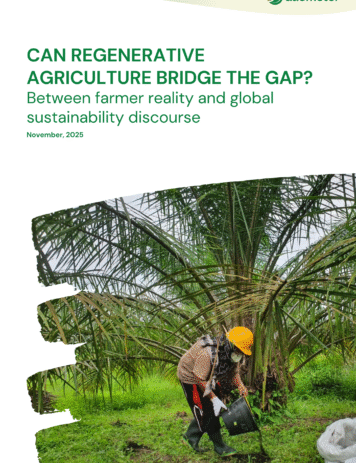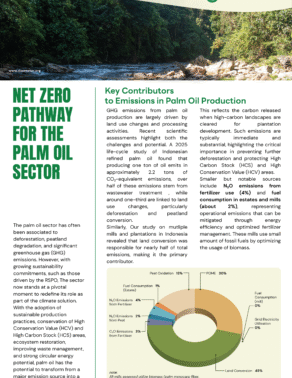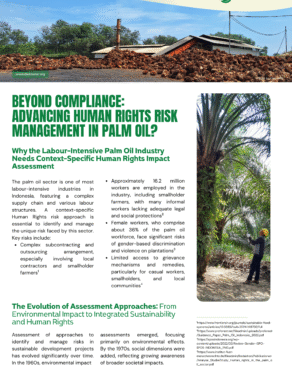Can Regenerative Agriculture Bridge The Gap? Between Farmer Reality And Global Sustainability Discourse
The term Regenerative Agriculture (RegenAg) has been trending since 2019. Growing numbers of actors acknowledge that while conventional agriculture has dramatically increased productivity, it has also brought negative impacts. One impact of conventional agriculture that was long overlooked is changes to the soil ecosystem arising from intensive use of chemicals and other interventions. It’s become evident that soil cannot be regarded merely as a generic production factor, because it constitutes complex ecosystems adapted to specific local biotic and abiotic conditions that must be maintained within certain limits.
In this paper, we reflect on increased global interest and commitments to RegenAg, and we present some insights from two field projects supported by Daemeter. Our aims are (1) to highlight opportunities for RegenAg to strengthen smallholder resilience while contributing to global climate targets, and (2) to draw attention to some issues that must be addressed for successful adaptation of RegenAg to conditions at the grassroots level.





